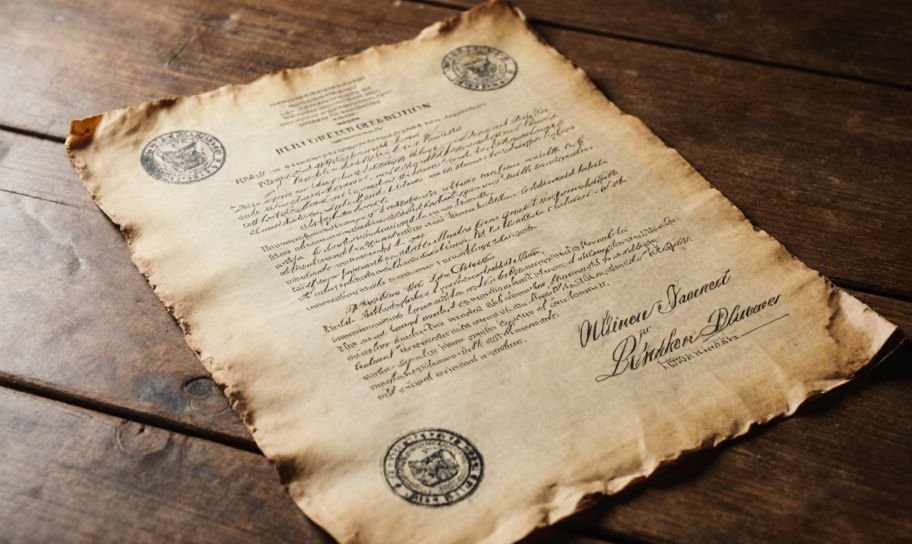
The Bombay High Court has overturned previous decisions that denied the Wankhade family's claim to belong to the "Thakur" Scheduled Tribe. This decision was made after reviewing old documents and identifying mistakes made by the Review Committee.
Rajendra Pandurangji Wankhade and his daughter Anushka challenged the orders from the Schedule Tribe Review Committee in Yavatmal. The committee had rejected their claim to the "Thakur" Scheduled Tribe because they doubted the authenticity of the documents and found issues with the process.
Anushka Wankhade's claim was initially denied due to questions about her ancestors' movement history and the authenticity of documents from before India gained independence.
"The Investigation Team did not doubt the documents from before independence but said they couldn't verify them."
Rajendra faced similar problems, with the committee questioning the authenticity of documents and suggesting they might have been altered. Even though he had documents from as early as 1918, the committee dismissed them as not trustworthy.
The court, led by Judges M.S. Jawalkar and Raj D. Wakode, found that the Review Committee had not properly considered the old documents provided by the Wankhades. The court noted contradictions in the committee's reliance on a second, less favorable investigation report.
The court highlighted the importance of documents from before independence in proving tribal status, citing earlier rulings that supported this method.
"More trust can be placed on documents from before Independence because they provide stronger evidence."
The court canceled the Review Committee's orders and instructed it to give the Wankhades the certificates confirming their status as members of the "Thakur" Scheduled Tribe within three weeks.